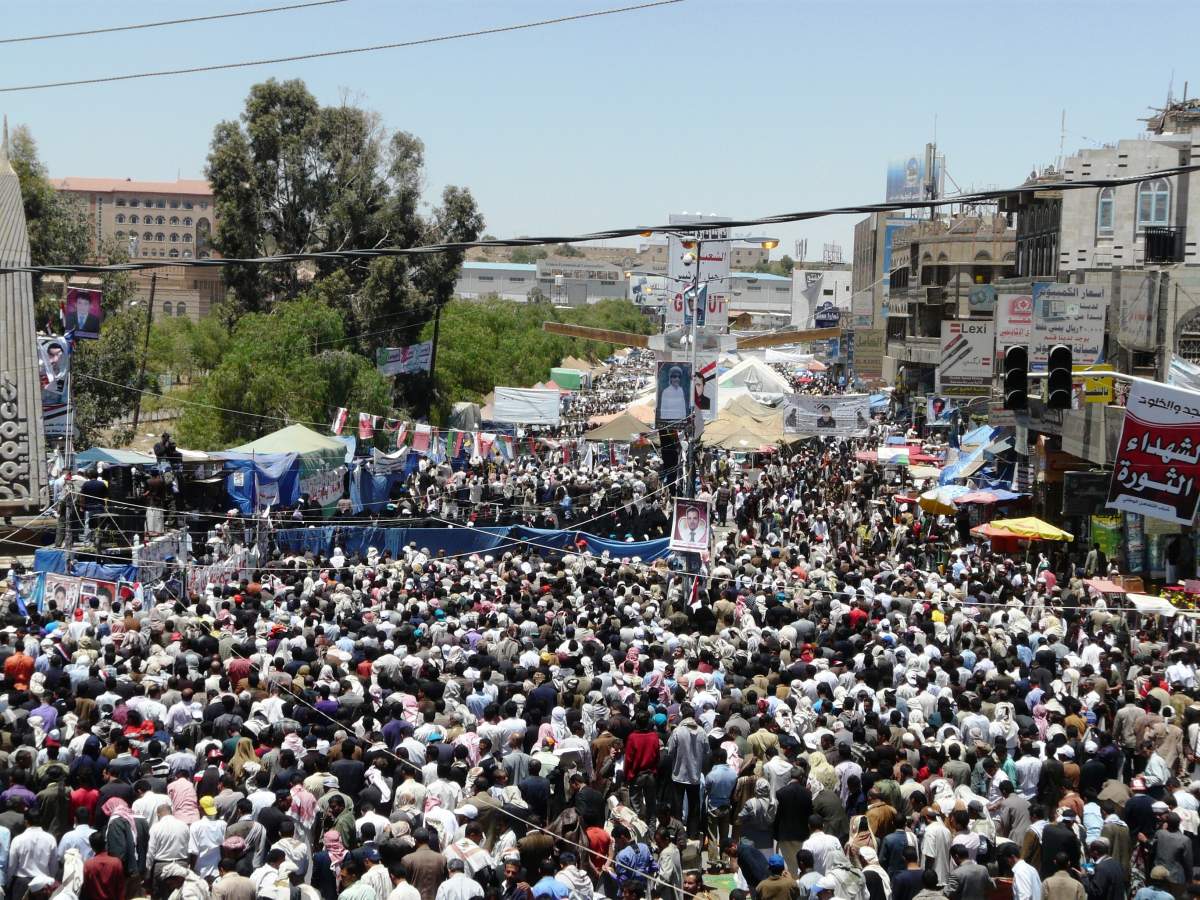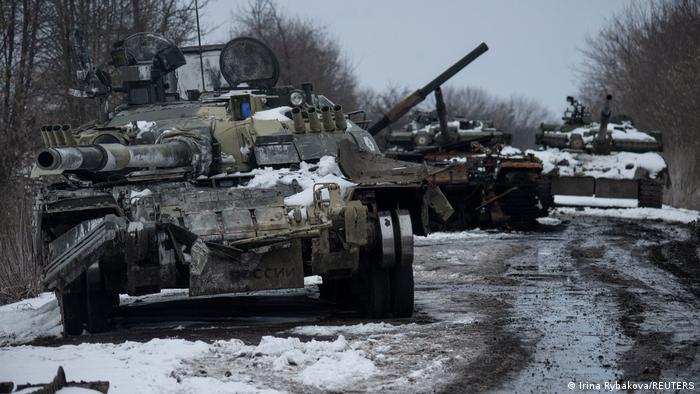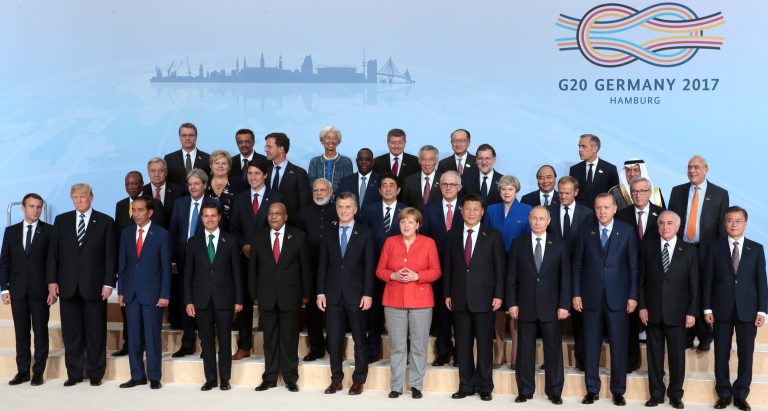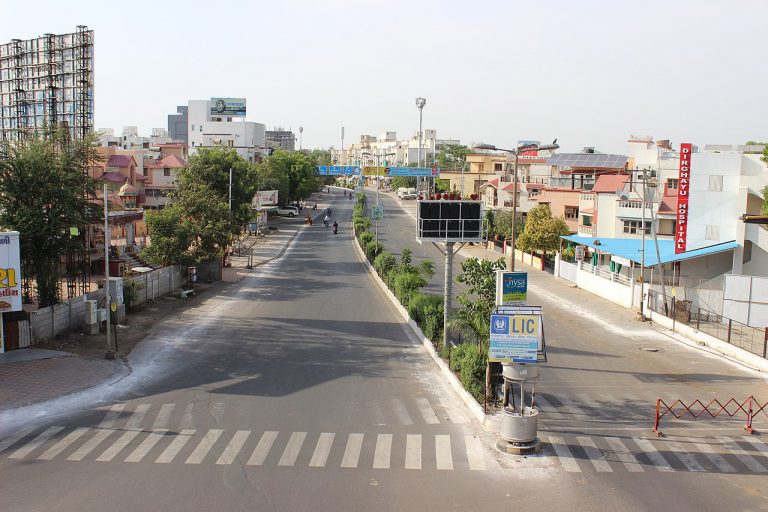Yemen amidst a humanitarian crisis!

Gunjan Sachdeva studied Political Science at Gargi College, University of Delhi.
“I stand in solidarity with millions of suffering Yemenis. And the United Nations and the wider international community are with you every step of the way. Together, inshallah, we can bring the suffering in Yemen to an end.”
Secretary-General, António Guterres
Yemen, officially the Republic of Yemen, is a country in the middle east, situated at the southern end of the Arabian Peninsula in Western Asia. It is the poorest country in the Arabian peninsula, challenged with widespread poverty, unemployment, and has a population of approximately 29.83 million people, as recorded in July 2020. Currently, more than 80 percent of Yemen’s population requires some form of humanitarian assistance. This means that they need aid even to sustain their lives. The ongoing civil war in Yemen has been labeled as the ‘worst humanitarian crisis in the world’ by the EU and characterized by the UN as ‘entirely man-made.’ The Coronavirus pandemic (Covid-19) only exacerbated the situation.
What has caused the humanitarian crisis?
Yemen is in the middle of the world’s worst humanitarian crises. For nearly six years, the poorest country in the region has been locked in an intractable war that has intensified after Abdrabbuh Mansur Hadi overthrew Ali Abdullah Saleh as president, following an Arab Spring uprising in 2011. It led to the killing of 100,000 people, pushed millions to the brink of salvation, and caused the biggest cholera outbreak in history.
The conflict has been portrayed as a civil war, a proxy war between Iran and Saudi Arabia. On one side, there are the Houthis, a Shia rebel movement supported by Iran, and on the other side, there is the Yemeni government (Sunni) of President Abdrabbuh Mansur Hadi backed by Saudi Arabia. In 2014, the Houthis capitalized on the weakened government and took control of the major cities in the north. Saudi Arabia formed a coalition of other Sunni countries and launched an indiscriminate bombing campaign in Houthi controlled territory of Yemen, targeting schools, hospitals, and markets. In 2015, the seaport of Al-Hudaydah was bombed, and this led to the complete disruption of food supplies to Yemen, resulting in mass starvation and deaths. As a result, at least 10,000 people have been killed in the fighting, and more than 22 million are in dire need of assistance.
How is Coronavirus pandemic impacting the situation in Yemen?
The ongoing civil war in Yemen escalated again in January 2020, with the conflict between the Houthis and coalition-led forces intensifying further. Presently, when the Covid-19 is grabbing hold in Yemen, the country is already coping with other diseases of dengue fever, malaria, and cholera. Yemen will see the world’s worst food and malnutrition crisis in 2020 as the number of acutely food-insecure people is “expected to exceed 17 million”. The report is produced by the Global Network against Food Crises, an international alliance working to address the root causes of extreme hunger. Thus, Yemen is facing an emergency within an emergency.
Since the first case of Covid-19 was reported on 10 April, the numbers and deaths have continued to rise, especially in Aden. UNICEF has shipped over 33,000 N95 respirators, 33,000 face shields, and 18,000 gowns into the country. This crucial personal protective equipment (PPE) will support 400 frontline health workers for three months, but only represents five percent of the Covid-19 supplies that UNICEF requires in Yemen.
The civil war, which has killed more than 100,000 people and displaced millions, has gutted the health system. Sanitation and clean water are in short supply. Doctors and local health officials believe many people are dying of Covid-19 in their homes, undocumented. The World Health Organization (WHO) says models suggest that, under some scenarios, half of Yemen’s population could be infected, and more than 40,000 could die. Healthcare workers here are exceptionally vulnerable. The UN relief chief warned that the coronavirus pandemic is “adding one more layer of misery upon many others.”
There are less than 40 isolation centers and only 500 ventilators in Yemen, and only 157 of those 500-odd ventilators are working. WHO has worked to bring into Yemen more ventilators, intensive care unit beds, and other critical supplies as part of its effort to expand the number of Covid-19 isolation wards from 38 to 59 nationwide. Alongside, WHO has provided 8400 test kits at a down payment on the estimated 9.2 million kits, the organization forecasts the country will need. A nationwide response of the Covid-19 is extremely difficult, with Yemen remaining fragmented and with no single body to track all the cases.
The conflict in Yemen has a disproportionate impact on women and children. Yemen is already one of the worst places on earth to be a woman or a child. After several years of conflict, more than 12 million children and 6 million women of childbearing age need some kind of humanitarian assistance. Their health, nutrition, safety, and education are already at risk as systems collapse from the fighting. More than a million pregnant women are malnourished. UNICEF reported that an additional 6,600 children under five could die from preventable causes by the end of the year. In the report, the agency alerts for almost 10 million children without proper access to water and sanitation, as well as for 7.8 million children without access to education, following school closures. As Covid-19 spreads throughout Yemen, their futures will be at an even greater risk.
At the time of writing, there have been 1,221 confirmed cases of Covid-19 and 325 deaths in Yemen, though reports suggest that both the Houthis and rival authorities in the south are suppressing the true numbers it is possible that many more infected Yemenis are going untested.
How can we help as individuals?
We need to act. We need to educate ourselves about the issue and spread awareness about it. We can start by signing online petitions and, if possible, donating to Yemen relief organizations like UNICEF, Save The Children, British red cross, and Change.org. Several other charities and organizations are also raising funds to donate urgent supplies to Yemen, including Oxfam.
Although we all have been suffering from the impact of the pandemic, but the situation in Yemen is far more devastating and dangerous. This can significantly exacerbate regional tensions. It also worries the West because of the threat of attacks emanating from the country as it becomes more unstable. Yemen is a country of strategic importance because it sits on a strait linking the Red Sea with the Gulf of Aden, through which much of the world’s oil shipments pass. If not acted properly, it can lead to a big disaster for the country.
“There is a stark choice before the world today: support the humanitarian response in Yemen and help to create the space for a sustainable political solution, Or watch Yemen fall off the cliff.”
Mark Lowcock, Under-Secretary-General for Humanitarian Affairs and Emergency Relief Coordinator
Featured Image Credits: Wikimedia








